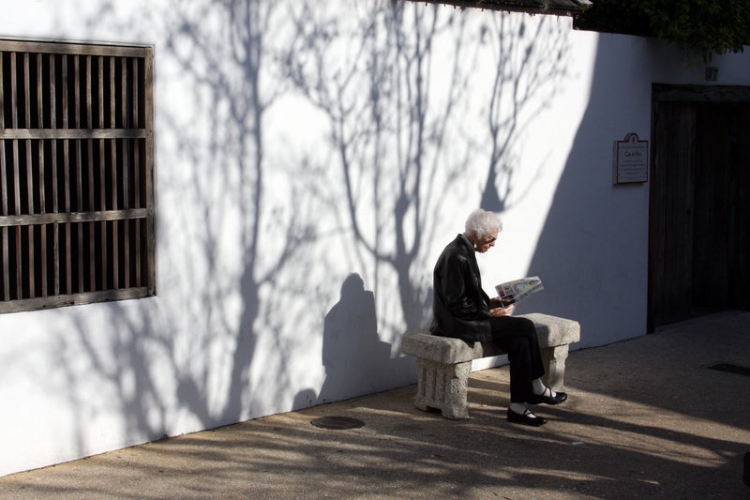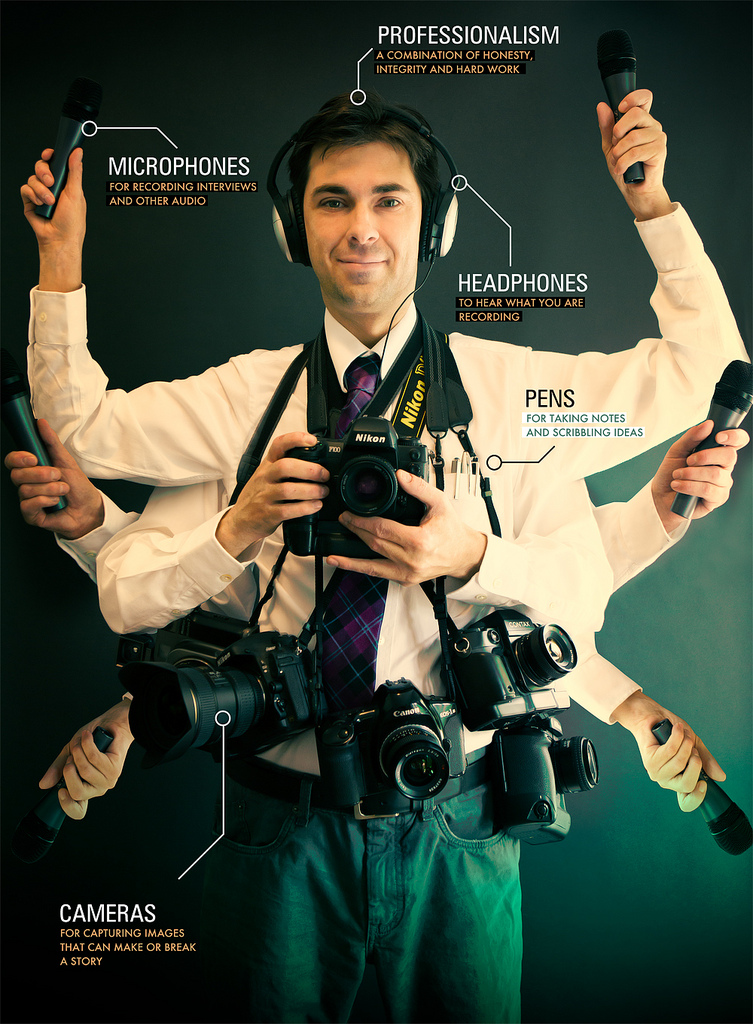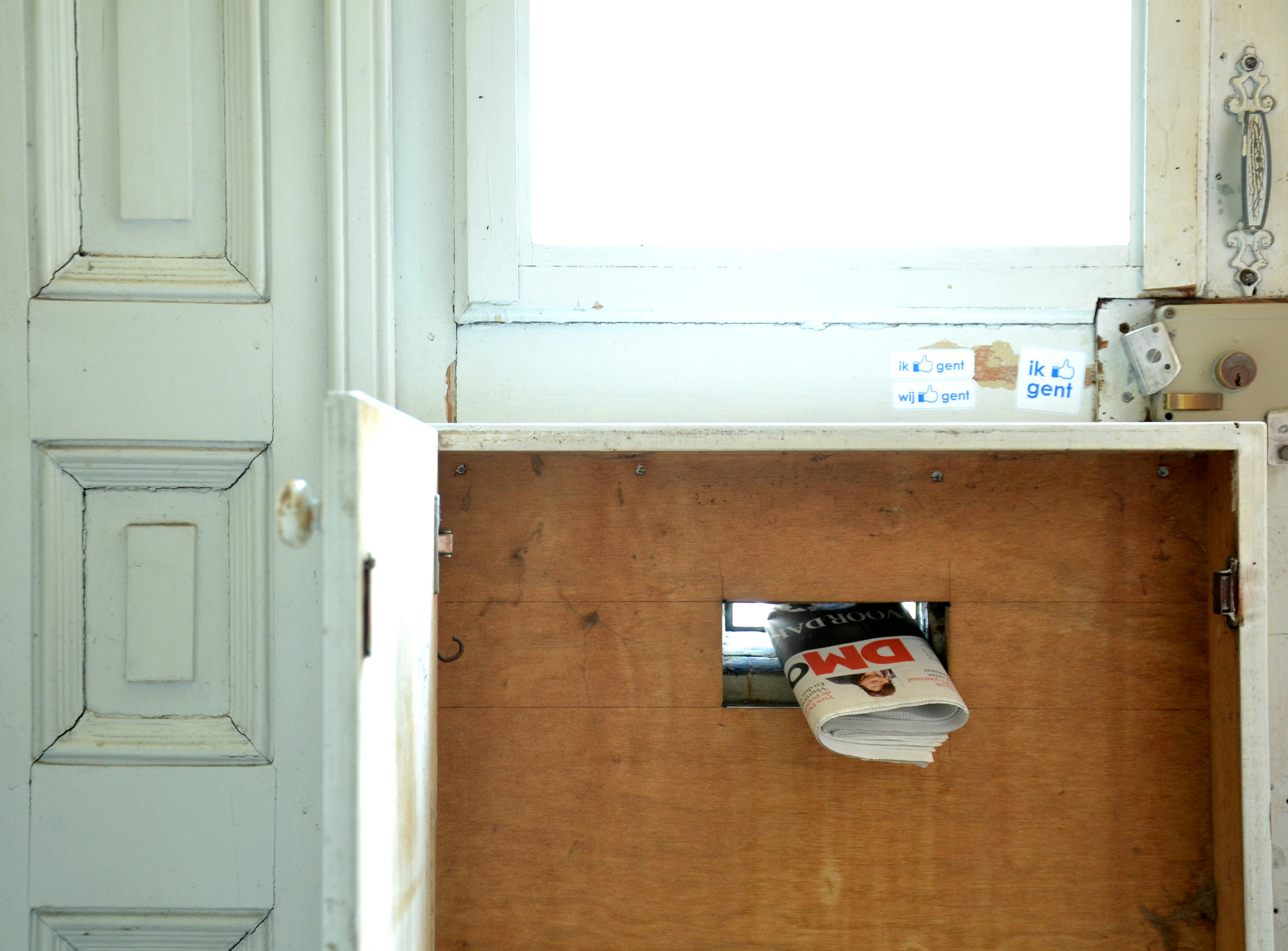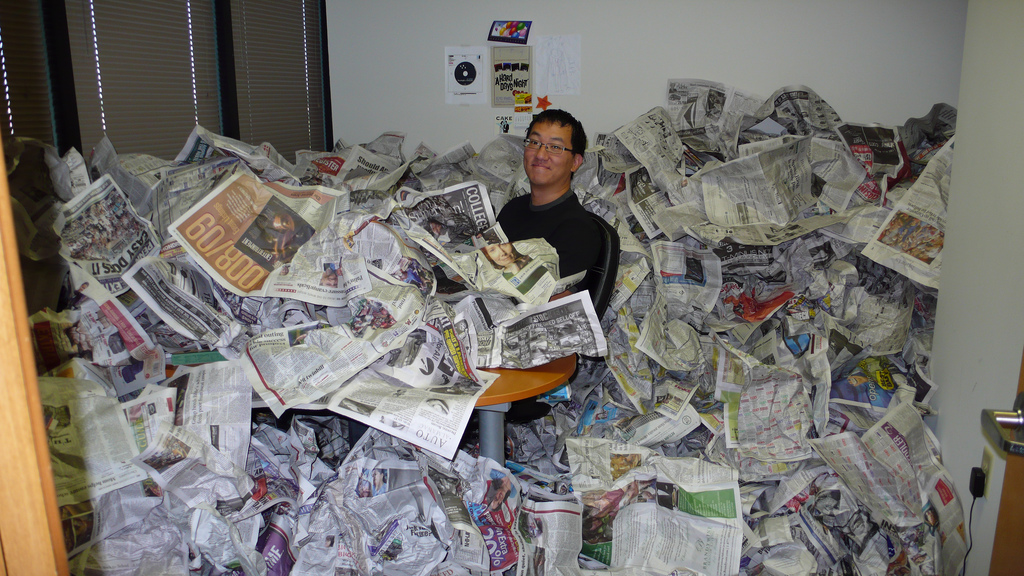Susan Keith Talks About the State of U.S Journalism

Susan Keith, former journalist and editor at the award winning St. Petersburg Times, visited AUP on Tuesday March 22nd. Her talk on the future of U.S Journalism attracted a diverse group of students and teachers who gathered to hear about what will become of the Fourth Estate. The talk titled, The State of U.S Journalism: Would the Last One Out of the Newsroom Please Post to Social Media and Make a Virtual Reality Film, was an hour long journey through the changes that have hit journalism in the U.S and closed on open-ended advice to future would-be journalists.
Having arrived late, I looked around the room anxiously for an empty seat. Keith's voice seemed to have enchanted the audience, the attention of those around felt almost tangible. Her 16 years of experience in the field, as well as the publications of her scholarships in journals such as Journalism Studies, Journal of Mass Media Ethics, Journalism and Mass Communication, The Journalism Broadcasting and Electronic Media and Newspaper Research Journal, provided the upcoming journalists in the room with awe and urgency of knowing "the secret." In a field as competitive as journalism, everyone aspiring to become one, seeks "the secret" to being read.
Image Credit: Flickr/Jesse Yardley
"It is the best of times, It is the worst of times." Keith states, borrowing from Charles Dickens' A Tales of Two Cities. She speaks about the impact of technology on traditional journalism, providing us with statistics and charts of these rapid changes. She colors the information with personal anecdotes and stories, for example, the Chicago Sun laid off all of its photographers including a Pulitzer Prize winner in one day, she says. "Can anyone guess what they replaced them with?" she asks the audience. Ranging answers echo around the room, Keith allows a silence before she answers with disappointment "IPhone photography." She then touches upon the radical changes in the number of journalistic staff. Sadly, some differences between the information of 2000 and 2015, as she points out in her data, include up to 10,000 employee decrease in specific sectors of Journalism, such as editing or photography.
Image Credit: Flickr/Eva Van Ostade
"It is the best of times. It is the worst of times." Keith echoes herself before she speaks about the changes that have happened to news magazines. "The Times," she says " has survived in print, but is one third thinner now, and no it's not because they now use thinner paper" She then shares a personal anecdote of when she and her students went on a trip to visit The Guardian. In the morning, she said, she decided to buy them all paper editions. "We sat in the hotel lobby for 45 minutes before most of my students put the paper down having diligently read the first three pages." She jokes about how the generation of the digital age is not familiar with "flipping through" newspapers.
Image Credit: Flickr/Melanie
Yet Keith also sees the glass half full. She talks about new tools and new types of journalism that have arose. Pro-Publica, for example, journalism in the public interest, is a great foundation-support initiative, but how long before the grant money runs out? She also mentions hyper-local news sites and other phenomena of new news. It is the age, Keith reassures us, of multi-layer multimedia, journalism that matches the capacities of our societies.
Keith ends her talk with a few notes for would-be journalists in the room."Bring something extra," she says, "you can't be just an average student." "You have to be prepared for multiple job changes and predominately free lance jobs. Modern day journalism is a life of hustling, and sadly," she states, "the educational system does not prepare you for that."
And for the lovers of print newspapers, Keith answers a question about the future of print and says, "I think there will be a niche for newspapers for 30 more years, I can see one per state surviving." Finally, Keith leaves us, journalists and non-journalists with an advice on consuming news. We have to be more savvy consumers, she says, we have to develop a consumer sense of literacy. As the talk came to an end, I reached down to check my phone. 4 BBC, 3 CNN and 1 Al Jazeera notifications crowd my Iphone's screen. I pat my purse to check the folded Asharq Al-Awsat Newspaper in it with a newfound pre-mature nostalgia. Maybe it really is "the best of times, it is the worst of times."










